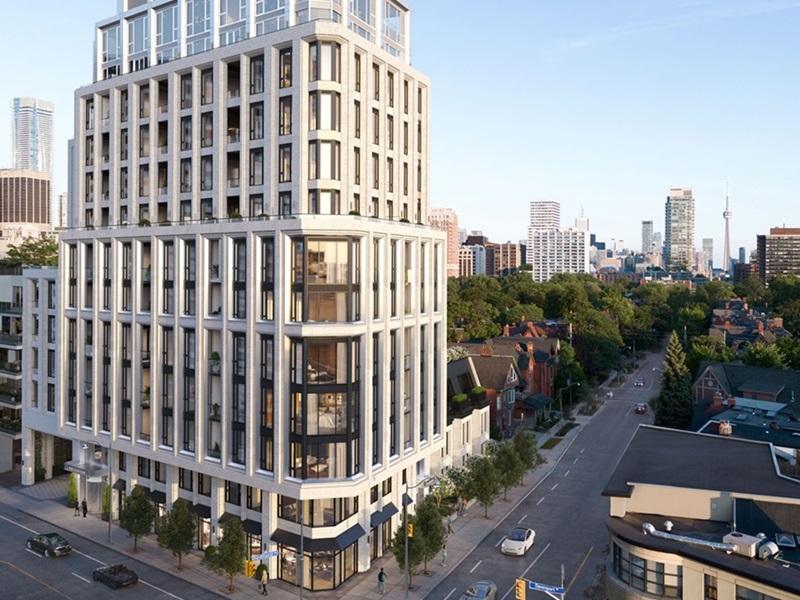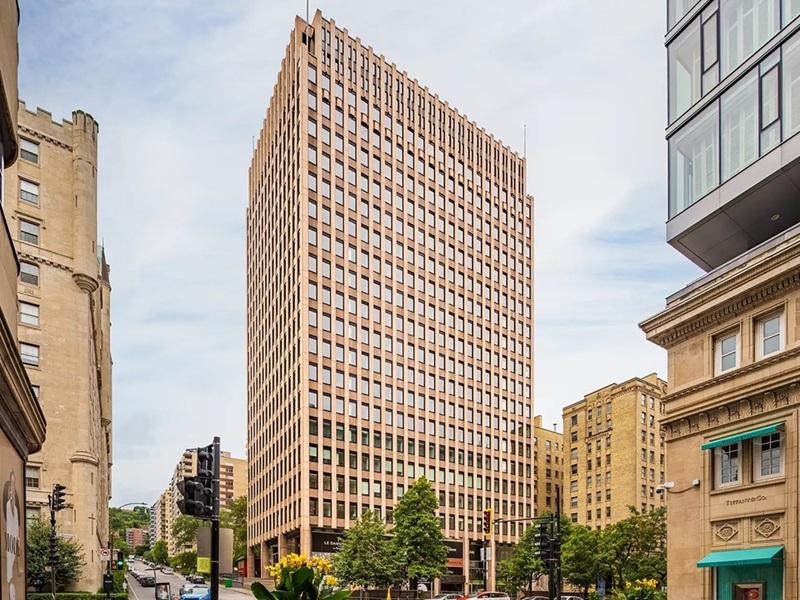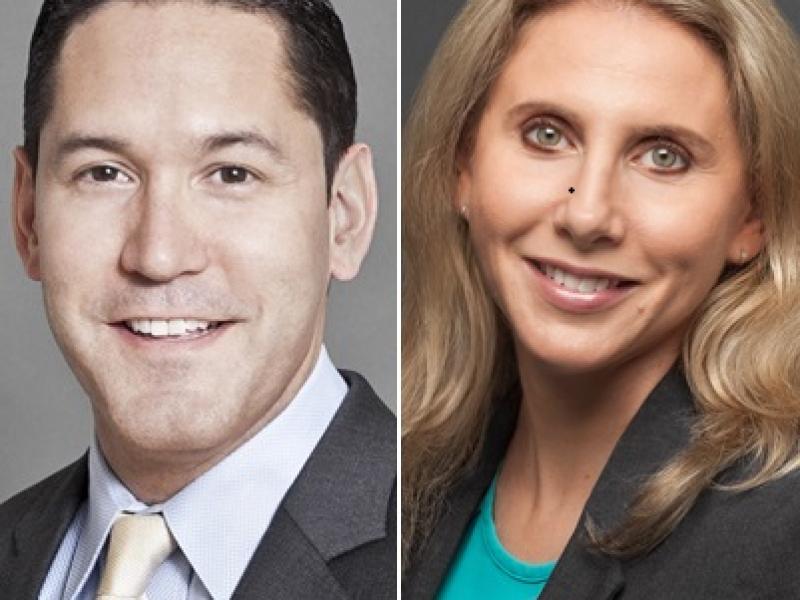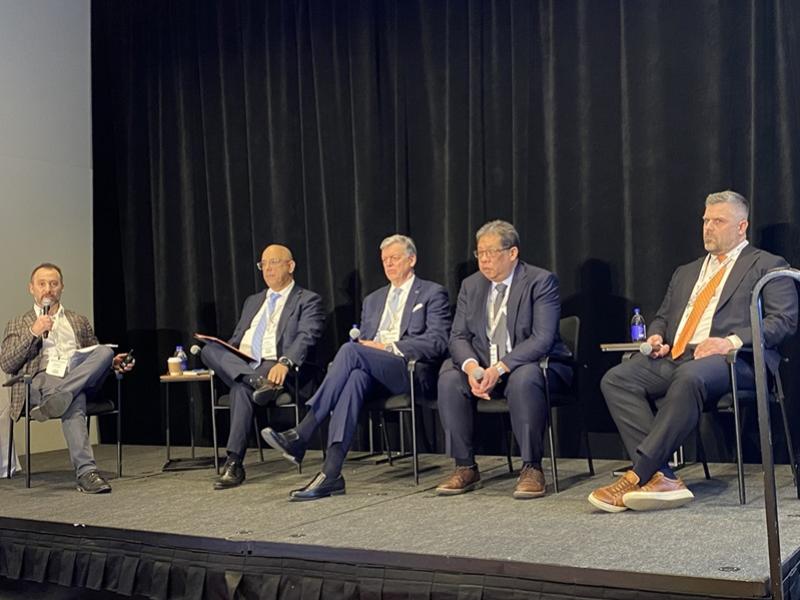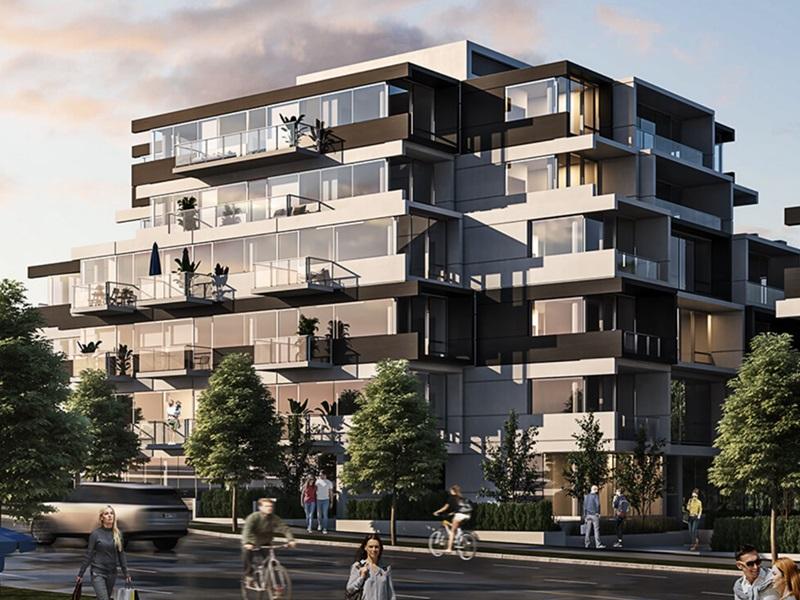
Canada’s condo market has been beset by cost overruns, construction delays and sales that have gone cold, leaving many projects unfinished and facing liquidity problems.
But at least one condo project that faced a cost crunch while nearing completion has found a creative way to restructure its debt so it can finish construction.
Ulmus Development’s Ōku project in Vancouver had reached 80 to 90 per cent completion before running into liquidity problems. About 37 of the 132 units of the development at Oak and 64th streets are unsold.
Ōku had “tremendous early sales velocity, but the market slowed dramatically over the past 18 months,” Ryan Zhang, partner and managing director of Ulmus Development, said in a statement provided to RENX. However, additional capital brought the project back on track.
The data- and technology-driven commercial real estate capital markets platform Finneo acted as the debt and restructuring advisor on the deal.
The refinancing package for Ōku
To refinance debt on the property and bring in extra capital, Finneo restructured the first mortgage loan of $77 million with National Bank, along with a $16 million second mortgage with a trust company that was providing funding against the insured deposits on sold units.
An additional $17 million in capital was secured against an industrial site in the Bridgeport area of Richmond, B.C., owned by one of Ulmus’ partners. The site consists of five office/warehouse units appraised at $33.7 million.
A private Vancouver-based, high-net-worth family office provided the additional $17 million.
It was “a challenging but creative deal,” Amar Nijjar, founder and CEO of Finneo, told RENX in an interview about the refinancing.
Given the condo market’s current state, “it was not easy to bring that extra $17 million of capital,” he said, given that “nobody wants to talk about funding a condo project, period.”
With the cash infusion and recapitalization of the loan, Ōku will be completed in about four months and occupancy can begin, he said.
Multiple problems facing condo developers

Nijjar says Ōku ran into the same problems that have beset numerous other condo projects across the country that were well-funded, but ran into delays and increased costs.
The Vancouver project is well-located between the Granville and Cambie corridors, close to transit and amenities and has a good walking score, he said.
Nijjar noted there is a lot of money available to finance industrial, retail, hotel, multifamily rental and self-storage projects. But lenders have been trying to avoid condo and land financing “like the plague” over the past 12 months when units stopped selling as interest rates rose.
Buyers are waiting for interest rates to drop further and for the tariff uncertainty to abate, he said.
As a result, “you cannot build because there is no market for condos, at least in the near term,” he said. “Nobody wants to put up a sales centre because stuff is just not selling.”
How lenders are handling the situation
In addition, appraisals for condominium sites are coming in at substantially lower values and, “if you try to sell the land it's like trying to catch a falling knife because there are no buyers.”
He said Finneo is constantly getting calls from developers in cities like Toronto, Ottawa and Montreal who seek financing, but only have pre-sales of 20 to 30 per cent - far below the usual 60 to 75 per cent threshold required to get construction loans.
Instead of pulling the plug on condo developers that received financing but have run into trouble, many lenders “are waiting because they know if they try to foreclose or put a receiver on it, the outcome is not going to be that favourable,” he said. “A lot of their loans might get wiped out.”
In finished projects, it is typical for developers to rent unsold condo units so they can get some income, pay their lenders and wait for hopefully better days to sell.
He noted there are also groups raising capital so they can buy unsold condo units from developers at below-replacement costs.
The consensus Nijjar is hearing from lenders, developers, buyers and sellers is that “it’s going to be very quiet on the condo market for the next two years.” While the long-term prospect is positive, in the short-term prices are going to fall as a rebalancing is needed for what was an overheated market, he said.


